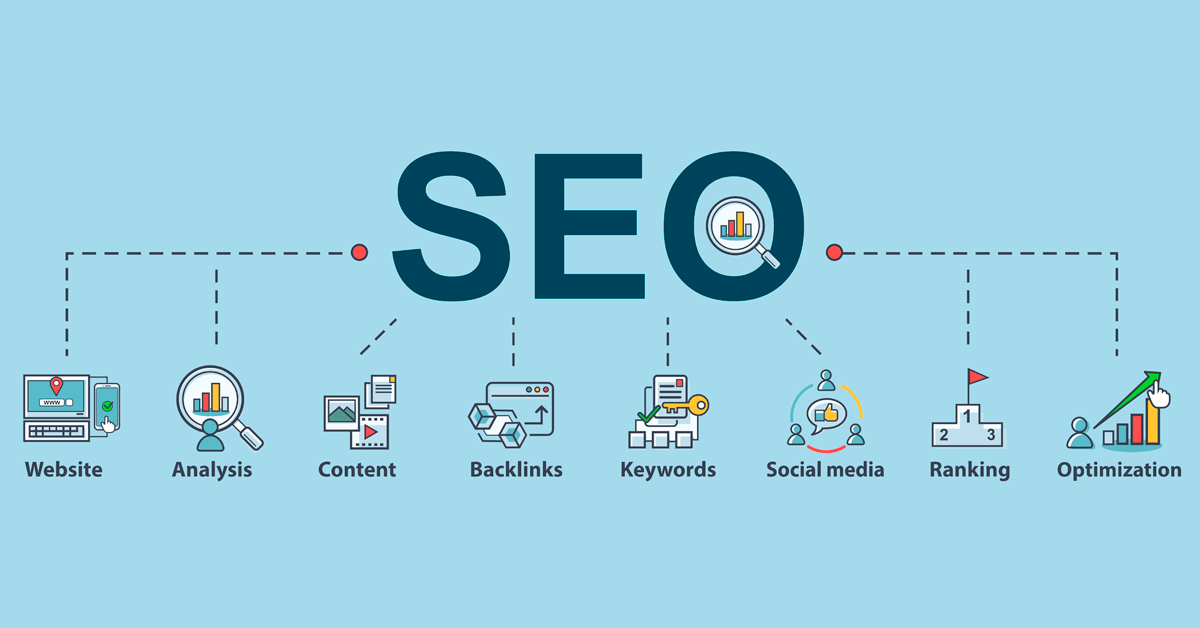This is a common SEO-related question and one that I receive a lot. People are often interested in knowing how they can improve their site’s ranking in search engines. If you’re not new to SEO, you might be wondering how you learned to become an SEO specialist.
I learned SEO by participating in a link audit service. A link audit is where you look at your competitor's websites and see what works and what doesn’t. By looking at what competitors are doing, you can build a plan for your own website to increase your visibility in search engines. I also participated in a quality content audit service, which basically consists of reading articles on a niche topic that is related to my site.
During the link-audit service, I learned a few things. The first thing I learned was that it takes more than just applying links. You have to be able to build relationships with other sites and with blogs and forums as well. This is because the people who visit these sites are looking for information, which is where your sales pitch will come in. These people are looking for solutions to problems, so if you can provide them with that, then you’ve made a lot of progress already. One of the keys to being an SEO specialist is having good relationships, especially with other websites and webmasters.
Another important lesson was that there are two types of SEO – the organic type, which means you create links naturally within your niche, and the type of rich snippet, which are rich media files like video, audio, and images. There are pros and cons to each, but having knowledge of the difference between the two types will help you tremendously as an SEO specialist. An organic SEO campaign means that you submit your website to the major search engines and wait for the results. This will give you a chance to see where your link is most relevant, allowing you to optimize its content and keywords accordingly.
If you’re not familiar with this term, a website search engine-friendly campaign actually has two aspects. First, you might want to build link popularity, which is measured by the quality of the links. For example, if you have a blog that links to your website, then you have created a quality content campaign. However, if you don’t have any links to your site, then you might want to try some organic SEO methods.
Keyword and backlink audit are an aspect of SEO that you cannot afford to skip. Just because a keyword is low in volume doesn’t mean it’s irrelevant. It might still rank high in the search engines, but there are other factors that might affect its ranking such as its competition. A good way to measure success in SEO is to monitor the backlinks to your site, and also the keywords that are used in the anchor text used for backlinks.
Whether you’re just starting to get started with website search engine-friendly marketing or you’ve been doing it for a while, it’s important that you continue to incorporate new forms of analytics into your strategy. You might be using a few different forms of analytics already, but you might want to add some more in order to find out what you can learn from each one. A social media analytics service will show you how your competition is using the same keywords, how many times each keyword appears on Google, and what sort of social media conversations are happening around that keyword.
Google Analytics isn’t just for web design anymore. In addition to being one of the most comprehensive analytics services available today, Google Analytics also includes page speed and bounce rates. You’ll be able to see exactly what visitors think about your site, which can help you improve your page speed and overall experience.

Comments
Post a Comment